Coffee is a popular drink all over the world, especially in Europe, and Italy is certainly the most famous country for its coffee culture. It was in Italy, in Venice to be precise, that the consumption of a "stimulating beverage" began to spread, thanks to the establishment of the first coffee house in Europe. Since then, the habit of drinking coffee has spread everywhere, becoming a real ritual in the lives of many. Let's discover together the story behind the indissoluble bond between Venice and coffee.
The history of coffee in Venice: Prospero Alpini and the first Café in Europe
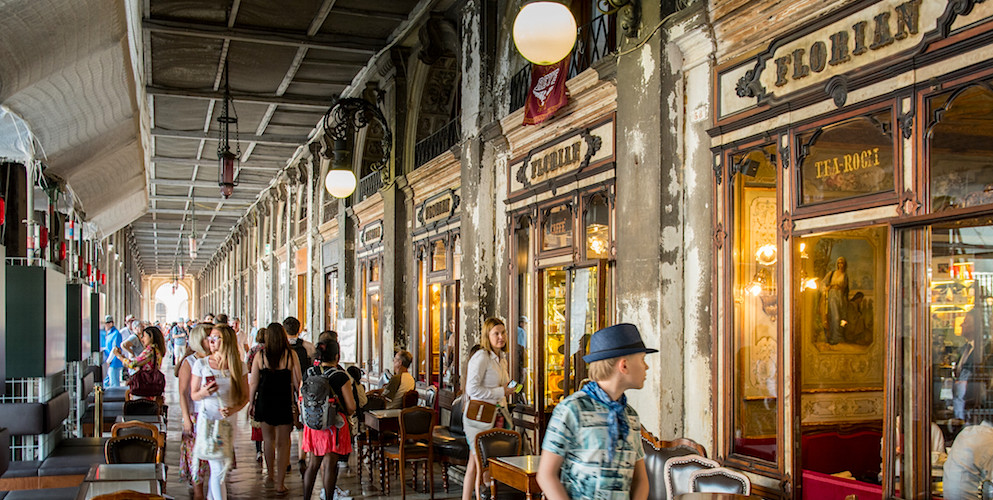
Coffee and Venice have a 400-year-long story: after, apparently, being discovered in Ethiopia and spreading rapidly in the Middle East, its fame soon reached Venice, then one of the main ports in Europe, thanks to the stories of merchants and diplomats fascinated by the many virtues of the "stimulating beverage". Thanks to Prospero Alpini, botanist and doctor to the Venetian consul in North Africa, Giorgio Emo, they physically introduced the first coffee beans in Venice. In "De Medicina Egyptiorum", a famous treatise on plants of North African origin, published in 1591, Prospero Alpini studied the coffee plant for the first time in Europe, giving important considerations on its therapeutic uses and a detailed description of it.
Coffee soon began to be consumed not only among aristocrats, and in 1683 the first coffee house was opened in St. Mark's Square. However, it was in 1720 that the first real café in Europe was opened under the Procuratie Nuove in St. Mark's Square: the Caffè Florian, originally under the name "Alla Venezia Trionfante". The great success led to the opening of well over 200 coffee houses in the city, and from Venice the Cafés quickly spread throughout Italy and Europe, becoming the centre of the social and intellectual life of the 18th century society.
The ancient Venetian artisan coffee roasteries
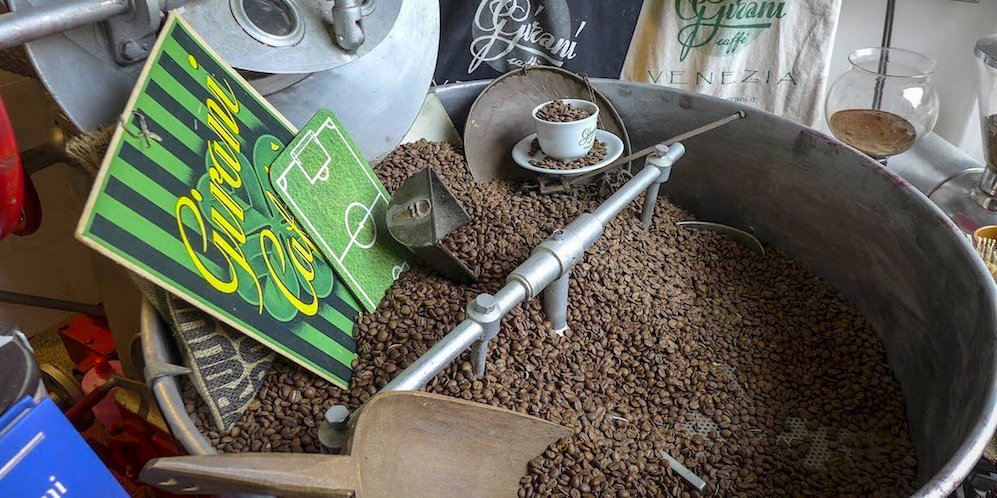
As coffee shops became more and more popular, numerous artisan coffee roasteries were opened. Coffee was roasted and prepared manually, then sold and sometimes tasted. Unfortunately, with the advent of the industrial revolution and globalisation, the artisan coffee roasteries have gradually closed down and only two have "survived" in Venice: the Torrefazione Cannaregio and the Torrefazione Girani. Both of them were founded in the early 1900s and since then they have carried on the art of artisan coffee roasting with great passion and dedication.
Caffè Florian: the first Café in Europe

As mentioned above, in 1720 the first real Café in Europe was opened under the Procuratie Nuove in St Mark's Square: Caffè Florian. Originally known as "Alla Venezia Trionfante", it soon came to be known by everyone as "Florian" in honour of its founder, Floreano Francescani. Caffè Florian was the meeting place of the Venetian elite and many illustrious clients frequented it, including Carlo Goldoni, Giuseppe Parini, Giacomo Casanova, Gabriele D'Annunzio, Antonio Canova and many others. As well as being the most famous coffee shop in the city, Caffè Florian was also the only café, at the time, that allowed women to enter. The Caffè is still in business today and is a true historical monument of the city; sitting in one of its 18th century style rooms to enjoy a tasty coffee is a unique experience that should be done at least once in a lifetime.
Cafés became the centre of the city's social and commercial life; people met there to discuss politics, to chat, to show off, to court and be courted, to do all kinds of business. Due to their popularity, the Cafés multiplied enormously within a few years, so much so that in 1759 the Government of the Serenissima was forced to block the opening of new cafés. Several historic cafés are still open today, including Caffè Florian but also Caffè Quadri, also in St Mark's Square, and Caffè La Calcina, on the Zattere.



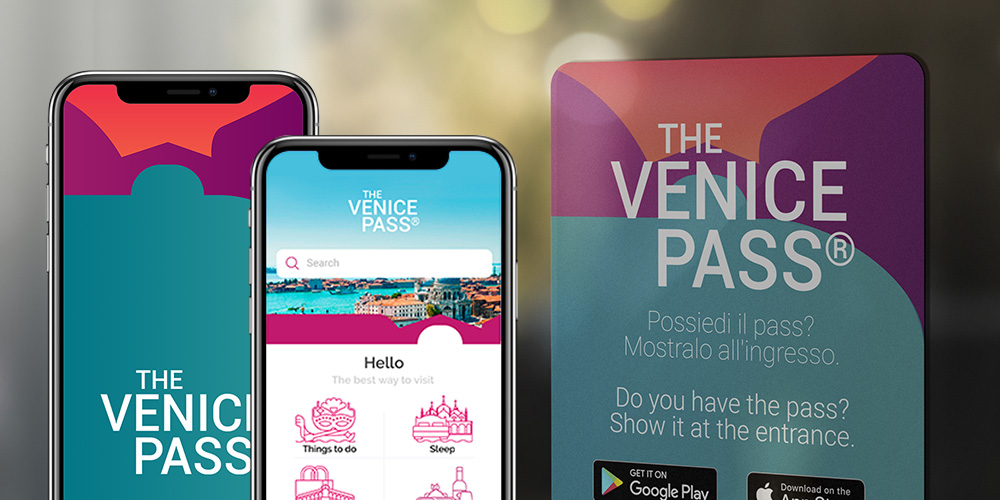
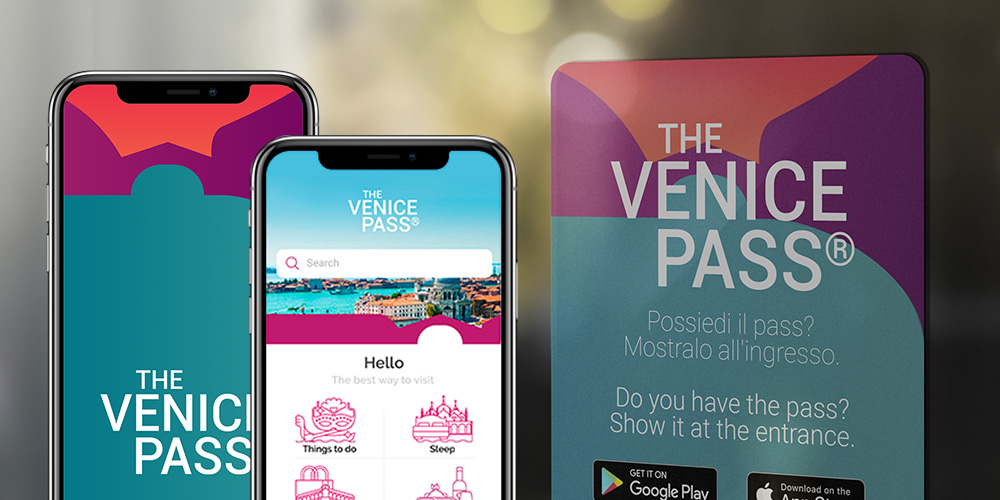
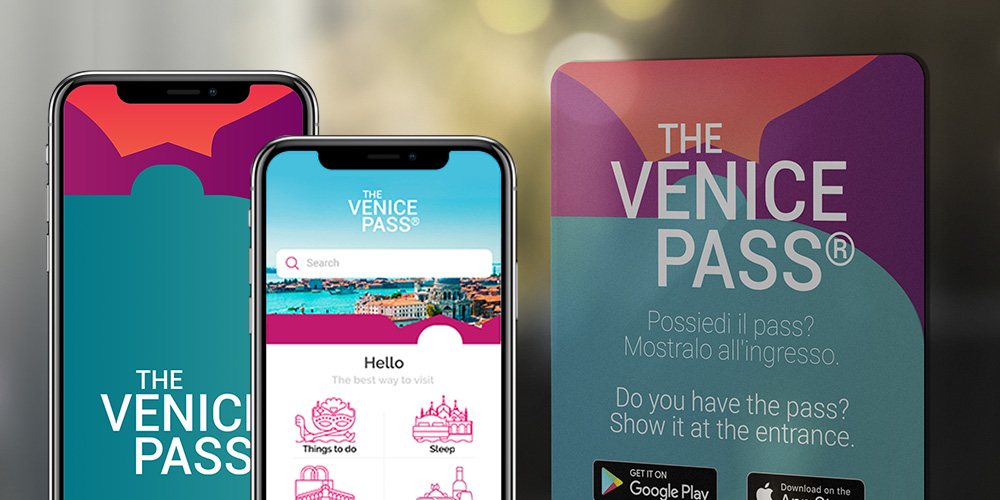
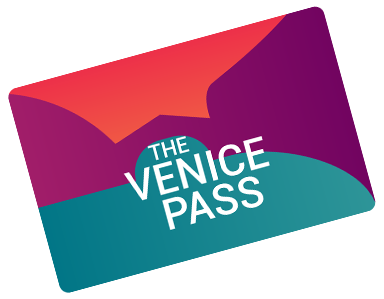


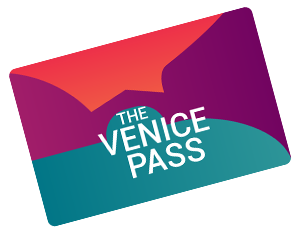
Lascia un commento